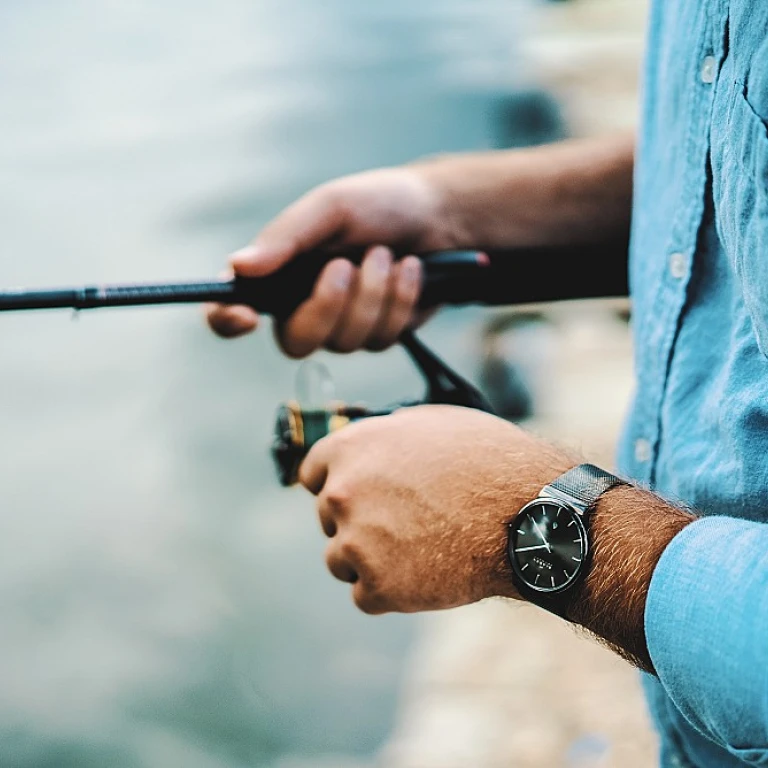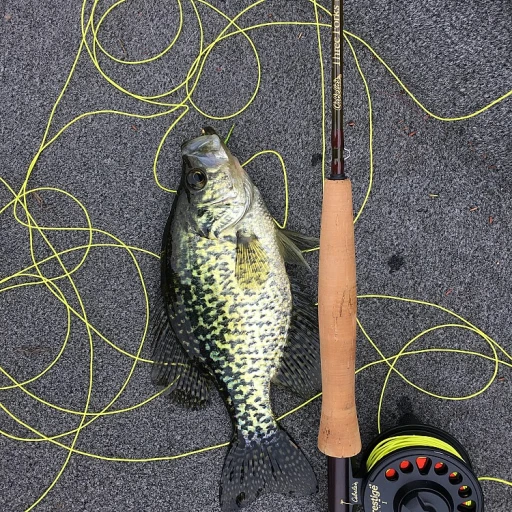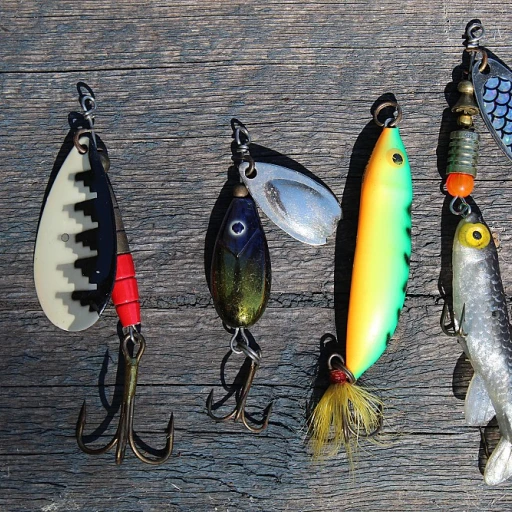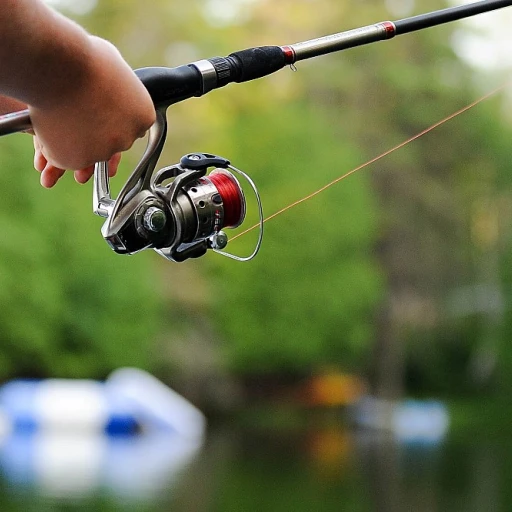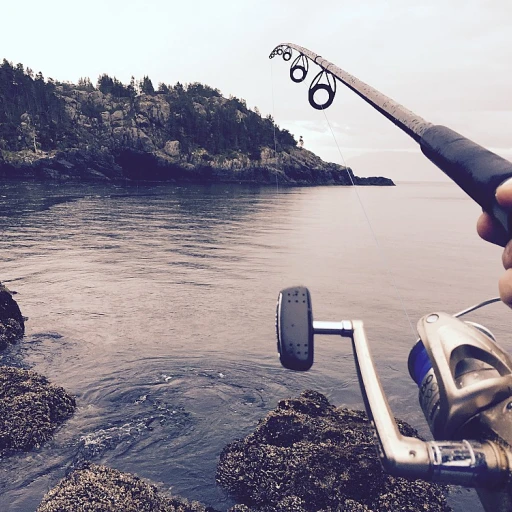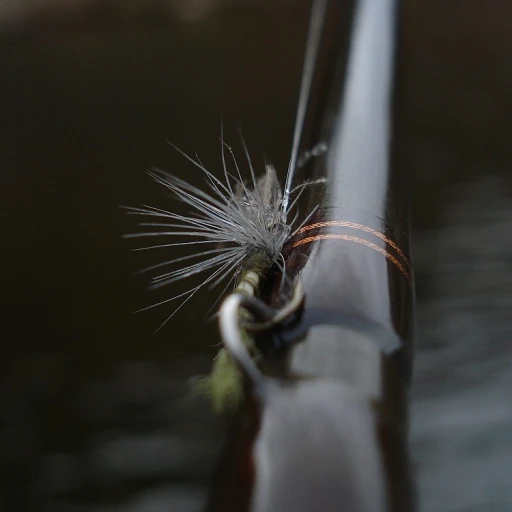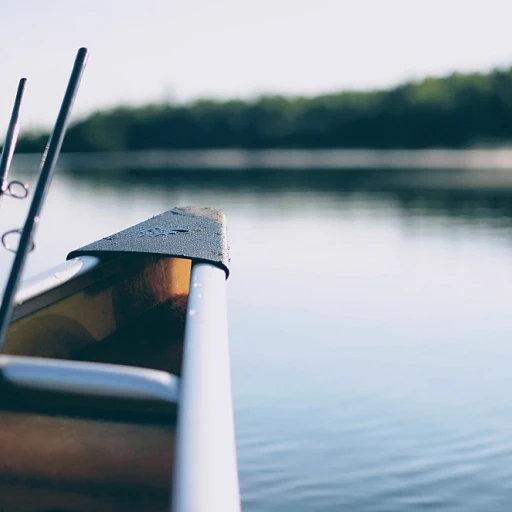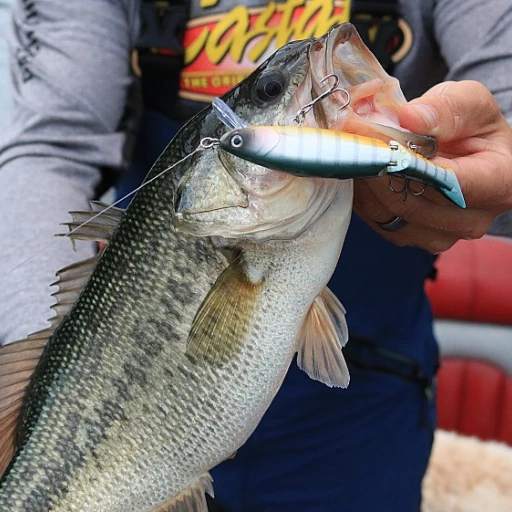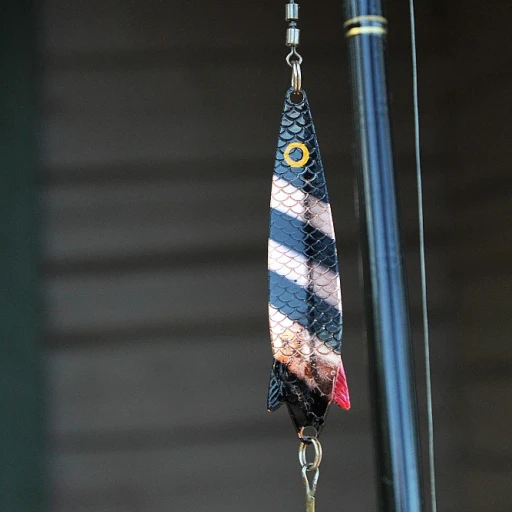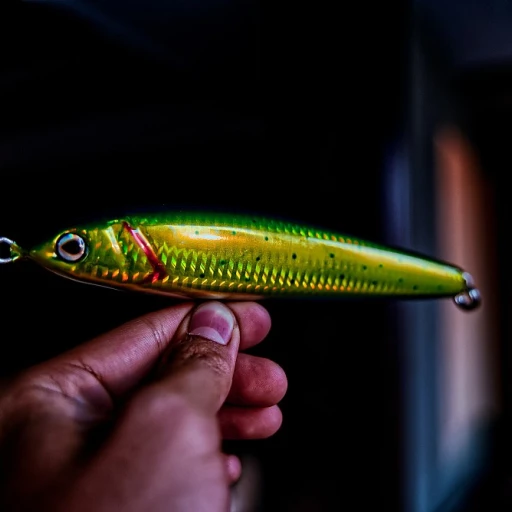
Understanding the Appeal of Tuna Fishing
The Allure of Chasing Tuna
Tuna fishing holds an irresistible attraction for many, often considered the ultimate test of skill among fishermen. The blend of patience and adrenaline, the vast expanse of the sea, and the potential for high reward make it a pursuit not easily matched by other types of fishing. Whether you’re a seasoned veteran or new to the sport, understanding why anglers are drawn to tuna is key before you start evaluating boats or eyeing maintenance tips for your future vessel.
Among the factors contributing to the sport's allure is the opportunity to take on mighty aquatic beasts. Tuna, renowned for their speed and strength, provide a thrilling challenge that requires top-notch gear and boats. Additionally, the setting—often in prime fishing spots renowned for their beauty and bounty—adds to the broader experience.
Choosing the right equipment and amenities maximizes the enjoyment and efficiency of tuna fishing. Twin disc engines, commended for their power and reliability, are commonly preferred. Whether it’s a motor yacht or a more traditional fishing setup, selecting the optimal configuration combines comfort with function.
The anticipation of a successful catch while on a tuna boat, perhaps equipped with a robust John Deere engine or twin Cummins setup, keeps everyone fully engaged. A good builder, like the namesake of the famous Beal boats, shores up structural integrity. Lesser-known yet significant considerations, such as the fish hold capacity and hull design, also play pivotal roles in equipping a boat for the challenges of tuna fishing.
Ultimately, the appeal rests on the stories you will tell. From the ruggedness of Calvin Beal’s designs to the flair of Viking yachts, each vessel holds a promise of adventure that’s too enticing to resist. As you journey into the world of tuna fishing, understanding the motivations behind it enriches the experience, laying the groundwork for informed decisions about your future boat investment.
Key Features to Look for in Tuna Fishing Boats
What Sets a Good Tuna Fishing Boat Apart?
When considering a tuna fishing boat, certain key features are essential to ensure a successful and enjoyable fishing expedition. Whether you're browsing options for innovative enhancements or comparing different models, focusing on specific elements can guide your decision-making process.
Robust and Seaworthy Hull
The hull is the backbone of any fishing boat, especially for those targeting tuna. A sturdy and reliable hull, such as those crafted by reputable builders like Wayne Beal and Calvin Beal, promises durability and a smooth ride in rough seas. Builders often use fiberglass or other high-quality materials that combine lightweight properties with strength, ensuring reduced maintenance concerns over time.
Engine Performance
Powerful engines are crucial for tuna fishing. Many successful tuna boats come equipped with reliable engines like John Deere or Cummins. These engines not only provide the necessary power to reach prime fishing locations quickly but also ensure energy-efficient fuel consumption. When browsing through boats for sale, consider options with a robust engine and ample fuel capacity to support extended trips.
Advanced Fish Finding and Navigation
A top-tier tuna boat should be outfitted with state-of-the-art navigation and fish-finding technology. This includes GPS systems, sonar, and radar to track fish and safely navigate to the best spots. Investing in boats that offer these technologies can significantly enhance your fishing experience, making each outing more productive.
Spacious and Organized Deck Layout
The deck's design should accommodate all necessary fishing activities while allowing freedom of movement. Consider boats that provide ample room for casting lines, storage for gear, and a strategically organized fish hold space. The layout should support easy access to all areas of the boat, making tasks efficient and enjoyable.
Twin Disc and Additional Features
For those who prioritize efficiency and ease of handling, features like Twin Disc transmissions are a valuable addition. These systems facilitate smooth maneuvering, especially in tight fishing areas. Exploring boats from respected builders or those designed with input from experienced tuna fishermen can offer insights into other beneficial features that keep operations running smoothly.
Top Tuna Fishing Boat Models on the Market
A Look at Noteworthy Tuna Fishing Boat Models
When embarking on the quest for the perfect tuna fishing experience, the boat you choose is instrumental. Various models promise top-notch performance, blending efficiency with advanced features to meet diverse fishing needs.- Viking Yachts: Known for their luxury, Viking Yachts craft motor yachts that integrate power and style seamlessly. These boats are engineered with solid hull designs and modern technology, making them ideal for both recreational and serious tuna fishing enthusiasts.
- Calvin Beal and Wayne Beal Boats: Calvin Beal, a reputable builder in the fishing community, offers handcrafted vessels that are highly regarded for their robustness and spacious decks, perfect for battling tuna. Similarly, Wayne Beal provides a variety of lobster boats that double as effective tuna boats, supporting heavy-duty fishing activities with ease.
- John Deere and Cummins Engines: Many top-tier tuna boats come equipped with powerful engines like John Deere and Cummins, ensuring reliable performance in varied maritime conditions. Boats with twin disc configurations, powered by these engines, deliver excellent speed and navigational control, essential when targeting schooling tuna.
Budget Considerations for Purchasing a Tuna Fishing Boat
Budget Considerations for Tuna Fishing Boats
Purchasing a tuna fishing boat is a significant investment, and understanding the financial aspects is essential before making a purchase. The price range for these boats can be quite vast, influenced by factors such as size, features, and the builder's reputation—like the renowned builder Calvin Beal. When looking at boats for sale, it's vital to align your expectations with your budget without compromising on essential features that match your fishing needs.
Here are a few considerations to keep in mind as you evaluate your budget:
- Initial Cost: The price of a tuna boat can range from affordable used models to high-end motor yachts. Determine what you can afford while considering additional costs that may arise.
- Fuel Capacity and Efficiency: Larger tuna fishing boats often offer increased fuel capacity, which can be more economical for long trips. Engines like Cummins or John Deere may provide reliable performance, but fuel efficiency should factor into budget planning.
- Maintenance: Maintaining tuna boats requires consideration of regular expenses such as engine upkeep, hull cleaning, and potential upgrades. Understanding routine maintenance costs helps avoid surprise expenses down the line.
- Features and Customizations: Features like fish hold size, hull material, twin disc arrangements, and lobster boat adaptations can vary. Assess the value these features add to your fishing experience and their impact on your budget.
- Location and Use: Consider your primary fishing location. The type of tuna fishing popular in the United States might require different attributes than other regions, impacting the boat's necessary specifications.
By keeping these elements in view, you can set a realistic budget that allows you to own a tuna boat without facing financial strain. Always remember that the right boat is an investment not just in the vessel itself, but in the fishing experiences it promises to deliver.
Maintenance Tips for Tuna Fishing Boats
Keeping Your Tuna Fishing Boat in Prime Condition
Ensuring your tuna fishing boat remains in optimal shape is crucial for a successful fishing trip. These vessels are often subjected to demanding maritime conditions, which can affect their performance over time. Here's how you can maintain your tuna boat effectively:- Regular Hull Inspections: The hull is a critical component as it bears the brunt of the marine environment. Regularly inspect it for any signs of damage or wear that could compromise the boat's integrity. This is especially important for builders like Calvin Beal and others who offer specific designs with unique hull features.
- Engine and Twin Disc Checks: Engines, whether they are powered by Cummins or John Deere motors, require frequent maintenance checks. Be sure to examine the fuel capacity and ensure the twin disc systems are functioning correctly to avoid any operational setbacks.
- Cleaning and Anti-Fouling Treatments: Keeping your boat clean is essential, not just for aesthetics, but to prevent marine life from accumulating on the hull. Anti-fouling treatments can help, and they are often recommended for lobster boats that share similar environments with tuna vessels.
- Fish Hold and Deck Maintenance: The fish hold is crucial for storing your catch, so make sure it's clean and free from damage. The deck, exposed to water and fish, needs regular cleaning and maintenance to prevent slipping hazards and degradation.
- Storage Considerations: When the boat is not in use, store it in a suitable location to protect it from the elements. This not only extends the lifespan of the boat but also preserves its resale value should you ever decide to put it up for sale.
The Future of Tuna Fishing Boats
Innovations and Future Trends in Tuna Fishing Boats
When considering the future of tuna fishing boats, one must take into account the rapid advancements in technology that continuously shape this sector. Builders such as Calvin Beal and other prominent names in the industry are consistently striving to improve the efficiency and sustainability of their designs.- Sustainability and Eco-Friendly Designs: The environmental impact of fishing boats is an increasing concern. Manufacturers are turning towards eco-friendly materials for the hull construction and integrating engines that meet reduced emission standards, like those found in certain John Deere and Cummins models.
- Technological Advancements: Modern tuna fishing boats are often equipped with cutting-edge technology that enhances navigation and fish detection. Improved fish holds, sonar equipment, and automated systems can increase the successful haul while maintaining the quality of the catch.
- Fuel Efficiency: The ongoing improvements in marine engines focus on maximizing fuel capacity and efficiency. For example, twin disc transmission systems can contribute to the boat's overall energy-saving capabilities.
- Customization and Versatility: Tuna boats today need to be versatile and adaptable. Builders are increasingly offering customizable features to cater to both tuna fishing and lobster fishing, ensuring the boats can be used across multiple fishing seasons.
- Increased Comfort and Safety: As recreational fishermen spend considerable time on the water, there's a push towards enhancing comfort and safety. Premium materials for cabins and motor yacht-like features are being incorporated to improve the onboard experience.

